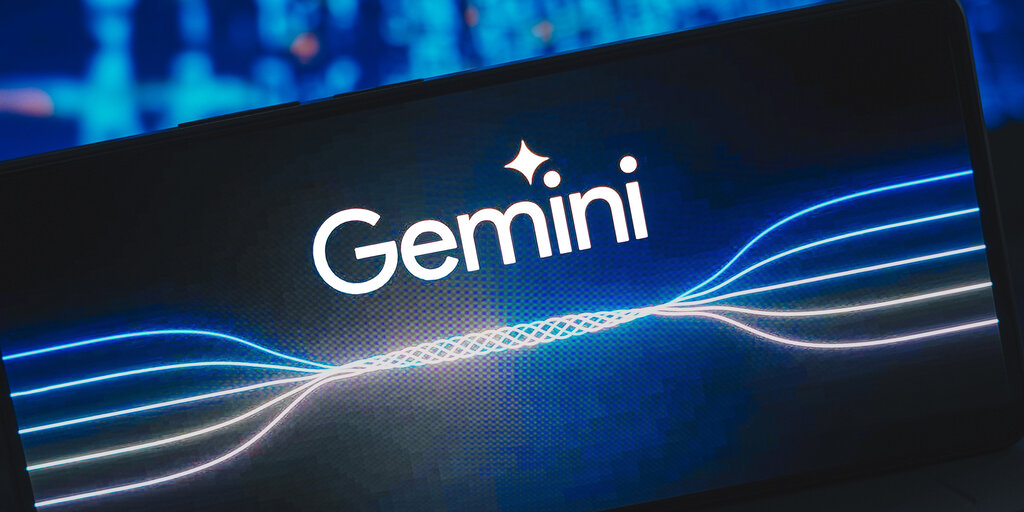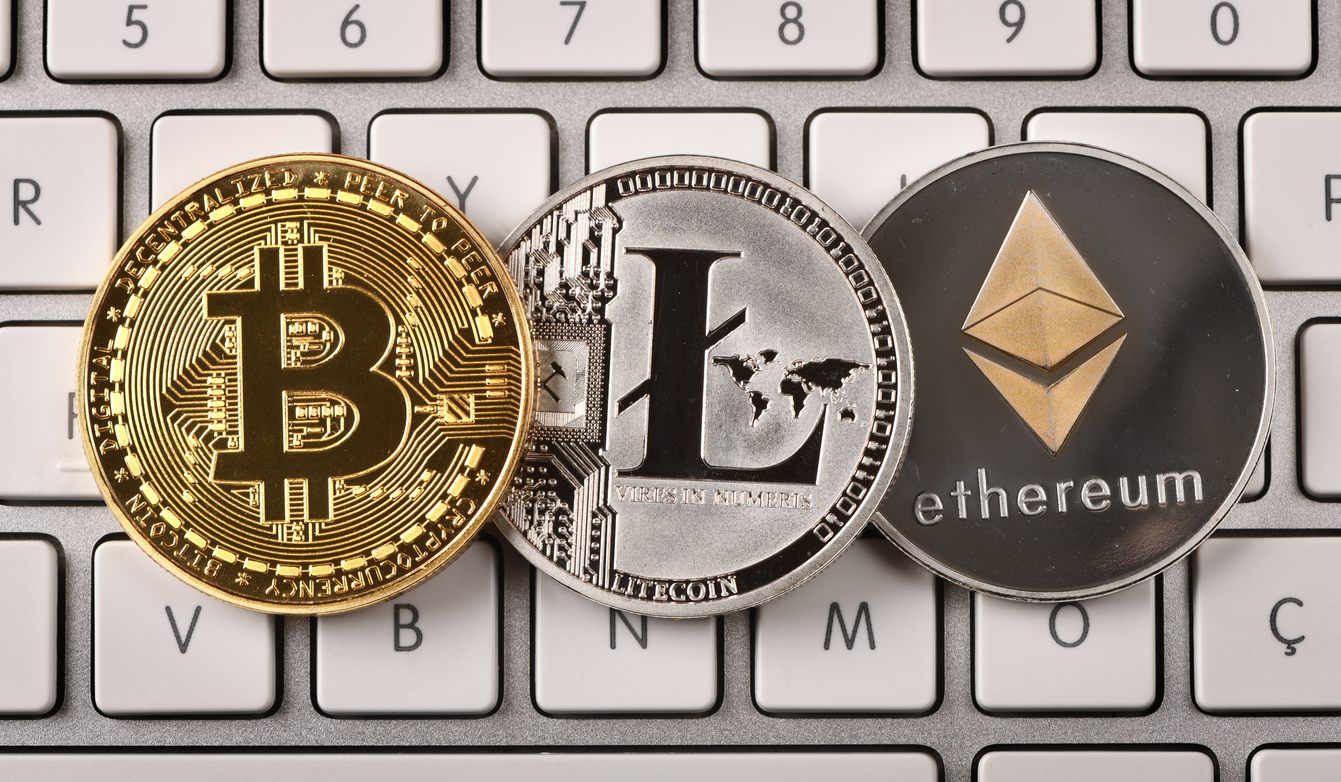Ethereum Foundation Considering Official Conflict of Interest Policy After Community Backlash


The Ethereum Foundation (EF) is considering implementing a formal conflict of interest policy following backlash against two prominent developers who joined EigenLayer as advisors.
Executive Director Aya Miyaguchi addressed the issue in a social media post, emphasizing the importance of maintaining trustworthy neutrality within the organization. She said the foundation is committed to sharing the community’s concerns and maintaining their trust.
Miyaguchi said:
“It is clear that relying on culture and individual judgment is not enough, and we have been preparing a formal policy for some time to address this issue. We will accelerate this work and will share an update soon.”
arguement
The controversy began on May 18 when prominent cryptocurrency trader Jordan Fish, known as Cobie, publicly questioned Ethereum co-founder Vitalik Buterin about the ethics of EF developers receiving significant financial incentives from projects built on the network.
Cobie’s tweet sparked widespread discussion on social media about potential conflicts of interest, specifically using EigenLayer as an example. He wrote:
“What do you think about key developers or researchers at the Ethereum Foundation becoming ‘advisors’ by bringing life-changing packages to Ethereum-based projects if their incentives may conflict with Ethereum now or in the future? For example, let’s assume EigenLayer, purely theoretically of course.”
Following Cobie’s tweet, Ethereum Foundation researcher Justin Drake disclosed his advisory role at EigenLayer on May 19. Drake said he received significant incentives in Eigen tokens, which are estimated to be worth millions of dollars over a three-year vesting period.
The disclosure raised concerns about transparency and potential conflicts of interest between EigenLayer and the Ethereum Foundation. Drake also stated that the information was made public on May 3 and that the timing of its release along with Kobe’s tweet was coincidental.
On May 21, Dankrad Feist, another Ethereum Foundation researcher, also disclosed his advisory role at EigenLayer. Feist, known for his “danksharding” work, confirmed that he had received a significant allocation of EIGEN tokens and assured the community that his advisory role would not affect his position on EigenLayer development.
Conflict of interest concerns
These disclosures raised questions about potential conflicts of interest, especially considering the systemic risk EigenLayer could pose to Ethereum. EigenLayer is a platform that allows users to deposit and “re-stake” Ether in a variety of liquid staking tokens to secure third-party networks or verified services.
Many blockchain experts have expressed concerns about the potential centralization and additional load placed on stakers by running a re-staking service.
Drake assured the community that all proceeds would be reinvested or donated to worthy projects within the Ethereum ecosystem, and promised to terminate the advisory if EigenLayer’s direction conflicts with Ethereum’s interests.
Feist emphasized in his disclosure that he would take an opposing view on EigenLayer to focus on risk and diversification. He wrote:
“I do not represent the Ethereum Foundation, but I take this position personally, with a strong focus on risk and diversification. I receive a decent amount of tokens from this position. I don’t believe they will change or influence my position on how the core protocols should be developed, but I do believe the community needs to know this so I can hold myself accountable.”
The Ethereum Foundation’s move to formalize its conflict of interest policy is an important step toward addressing community concerns and maintaining trust within the ecosystem. The Foundation is expected to provide further updates to the policy soon.



